Karim, a two-month-old Syrian baby who reportedly lost his eye in shelling last week, has inspired a new movement in the country’s besieged region of Ghouta.

The baby lost his left eye, but survived an attack in Eastern Ghouta’s Hammuriye district last Friday, according to Getty. The incident inspired Syrians, and others, to cover their left eye for photos in solidarity with the child.
WATCH: Syrian family begs for help amid worsening malnutrition crisis in eastern Damascus

Syrian journalist Hadi Al Abdullah posted about the movement, which has been spreading with the hashtag #SolidarityWithKarim, on social media. He said that the baby’s mother was killed in the attack.
“Syrian children stand in solidarity with Karim, who lost his eye and had his skull broken by Assad regime shelling on his home in Eastern Ghouta. His mother was also killed by the same attack,” Al Abdullah tweeted Monday.
Several others, including British diplomat to the United Nations Matthew John Rycroft, joined the movement.
Amer Alshami, a photojournalist in Syria with the Anadolu Agency, has been documenting those posing for the campaign in a series images.
Alshami also took photos of Karim, who is still recovering from wounds.
WARNING: The following images are disturbing.
The news agency interviewed Karim’s father, who described life under the siege as a “nightmare.” Abu Muhammed explained his other children are now helping to care for Karim as he recovers.

Get breaking National news
“It is very difficult to find a proper job under these circumstances,” he said, adding that the family has only had a little bit of bread to eat.
READ MORE: Starving Syrian newborn offers harrowing look at life in besieged region
Food in Ghouta, a suburb outside of the city of Damascus, has been scarce as aid agencies struggle to reach the area, which has been blocked off by Syrian President Bashar al Assad’s regime since 2013.
There have been several other stories of children in Ghouta suffering because of the blockage. In October, the story of Sahar Dofdaa, a four-month-old baby who died of malnutrition, prompted international outcry. The United Nations warned at the time that several other children in the area are also suffering from malnutrition.
WATCH: Bashar al-Assad hugs it out with Vladimir Putin at the Kremlin

UNICEF reported that more than 1,000 children in Eastern Ghouta are affected by food shortages. The area’s population is about 400,000.
Violence in the area is also another concern. Last week, France accused the Syrian government of committing mass crimes in Eastern Ghouta.
The Syrian president claimed France supports terrorism in a response Tuesday, saying: “Those who support terrorism have no right to talk about peace.”
— With files from Reuters

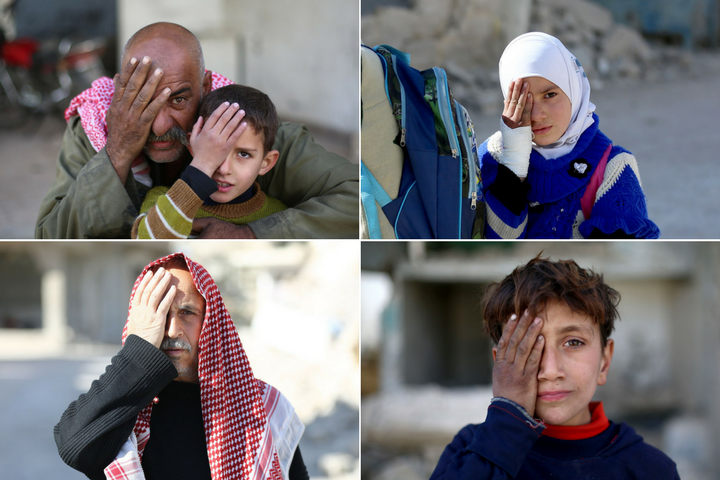
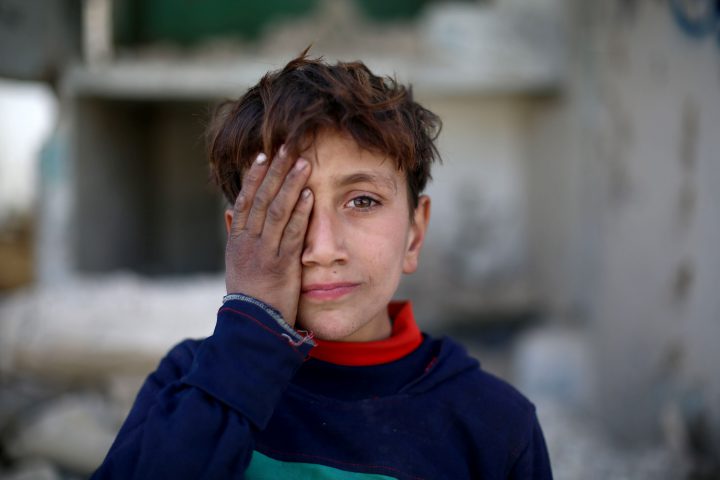
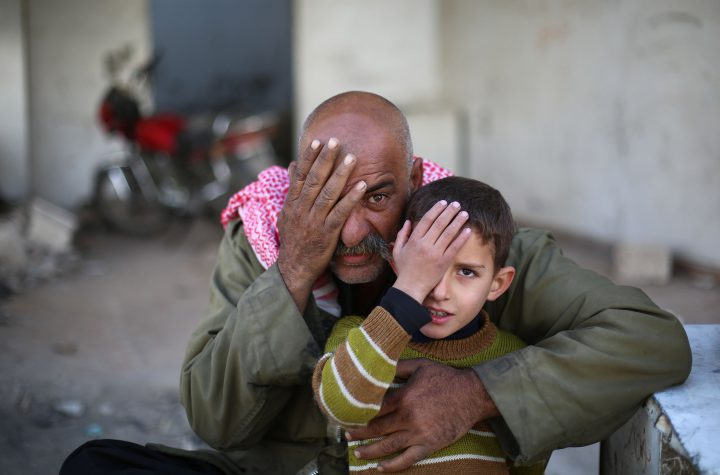



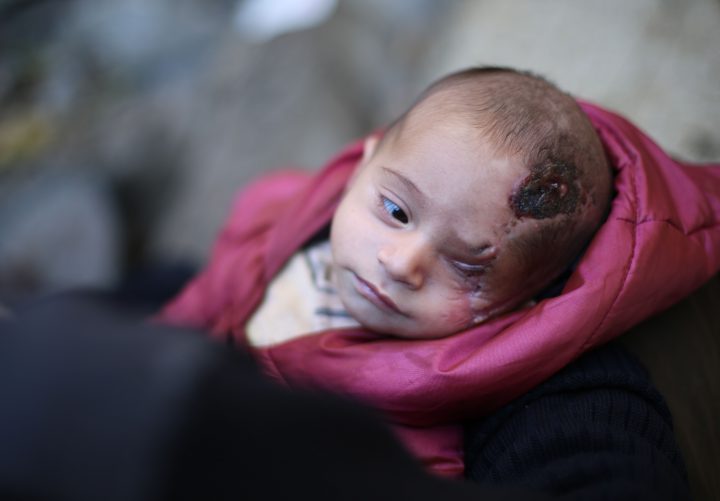
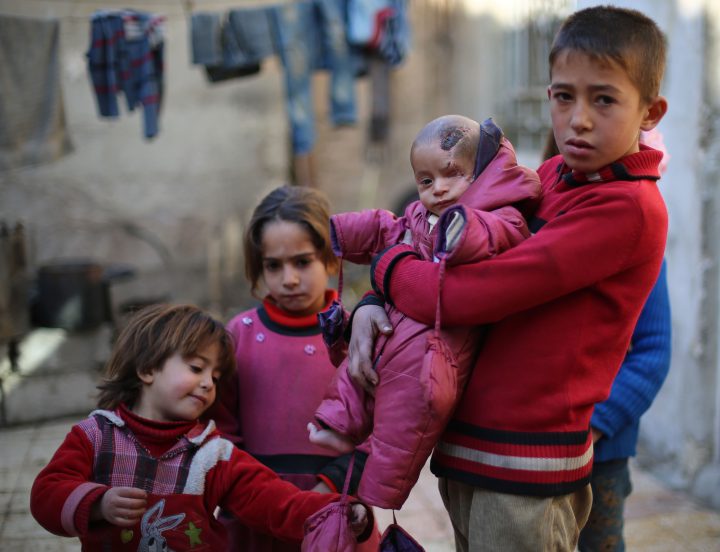




Comments